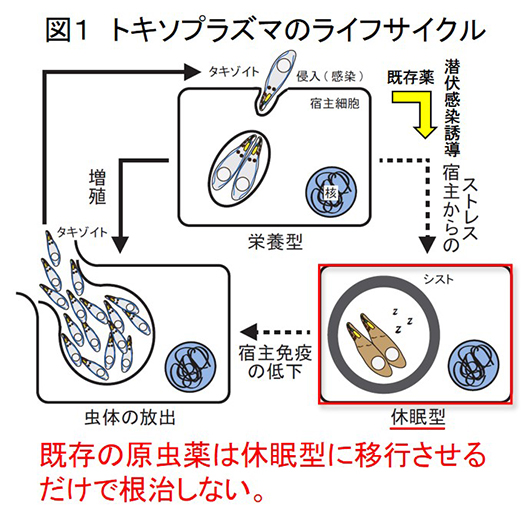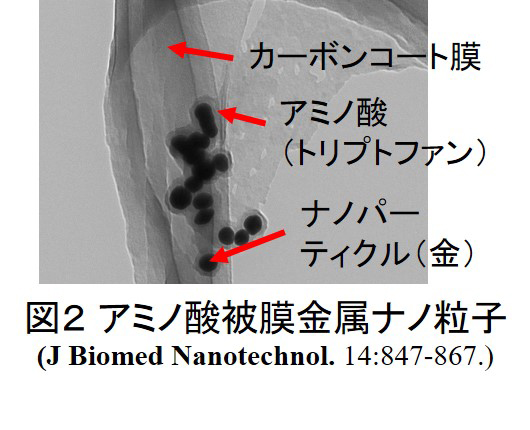| Name |
KATO Kentaro |
| Position |
Professor |
| Tel |
0229-84-7391 |
| Fax |
0229-84-7391 |
| Mail |
kentaro.kato.c7*tohoku.ac.jp (Please replace * with @) |
| Research Interest |
Veterinary microbiology, Parasitology, Virology, Zoonoses |
| Career |
Education:
2000 D.V.M. Faculty of Agriculture, The University of Tokyo.
2003 Ph.D. Graduate School of Agricultural and Life Science, The University of Tokyo.
2003-2004 Visiting fellow; National Institute of Health, USA.
2005-2013 Assistant professor; Graduate School of Agricultural and Life Science, The University of Tokyo.
2013-2019 Associate professor; National Research Center for Protozoan Diseases, Obihiro University of Agriculture and Veterinary Medicine.
2019- Professor; Graduate School of Agricultural Science, Tohoku University |
| Research map |
https://researchmap.jp/read0204467 |
| Research Projects |
- Characterization of regulation mechanism of protozoan life cycle
We have been studying malaria, which is one of the world’s three major infectious diseases, toxoplasmosis, and cryptosporidiosis, which are global zoonoses, using the techniques of molecular biology and virology. We are focusing on how the pathogens infect and propagate in the host cells. - Establishment of inhibition strategy of calf infectious diarrhea
The reasons of calf deaths in animal husbandry are divided into respiratory disease and digestive disease. In them, most of digestive diseases are infectious diarrheas. These are caused by three pathogens, Cryptosporidium, rotavirus, and Eimeria. We are studying the molecular phylogeny, pathogenic manifestation, and anti-infection drug screening with the drug libraries.
|
| Research Seeds |
|
URL: https://www.rpip.tohoku.ac.jp/seeds/profile/575/search_keyword:/lang:jp/?iok=1644493135
|
- Development of anti-protozoan drugs using metal nanoparticles; acceleration of effects by amino acids capping
Metal nanoparticles have the different physical and chemical characteristics compared with the bulk. It is caused by the extremely large surface area. They also have specific characteristics by the particle sizes, respectively. Moreover, they can produce reactive oxygen species that have the ability to kill infectious agents. We have reported that amino acid-capped metal nanoparticles(図2)can inhibit the growth of Toxoplasma.
URL: https://www.rpip.tohoku.ac.jp/seeds/profile/580/search_keyword:/lang:jp/?iok=1644493058
|






